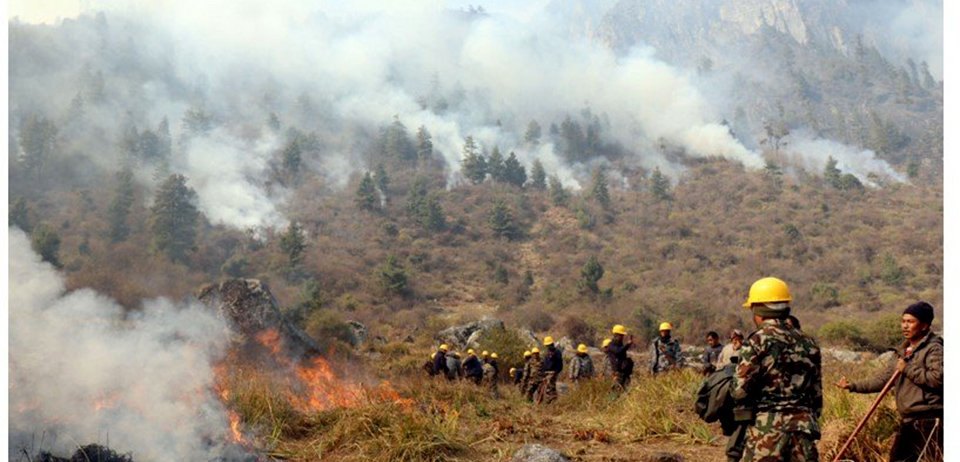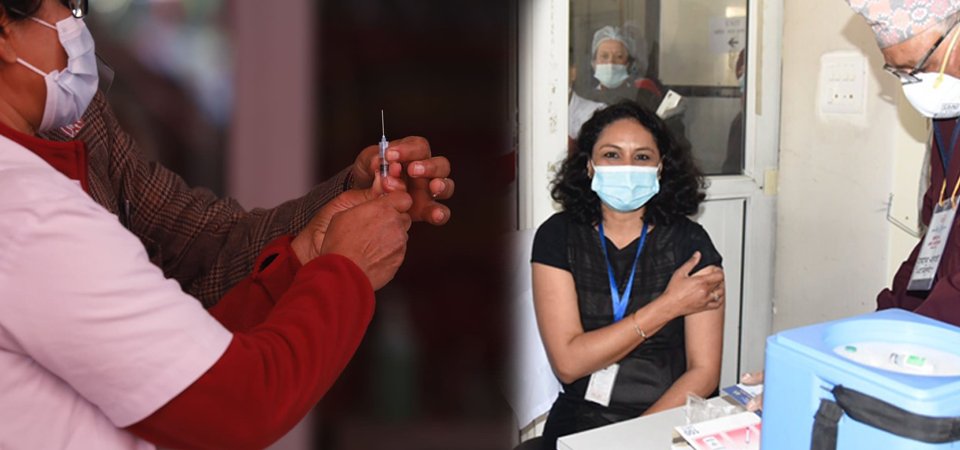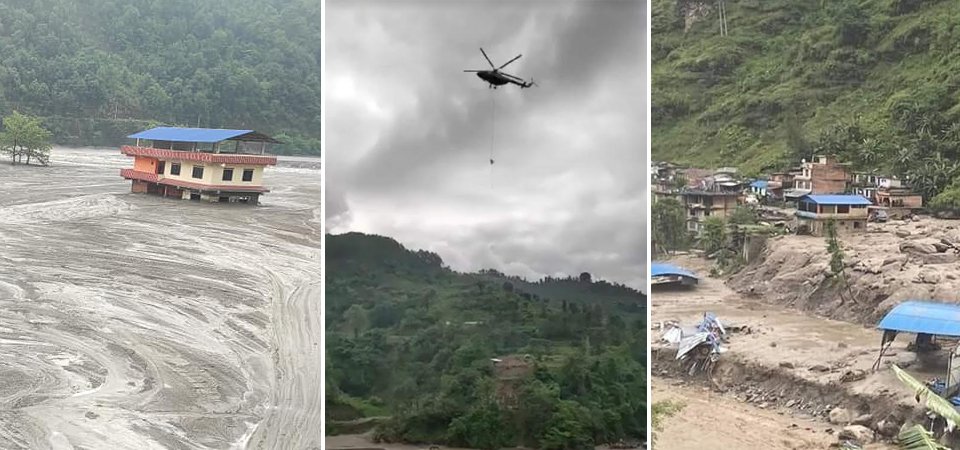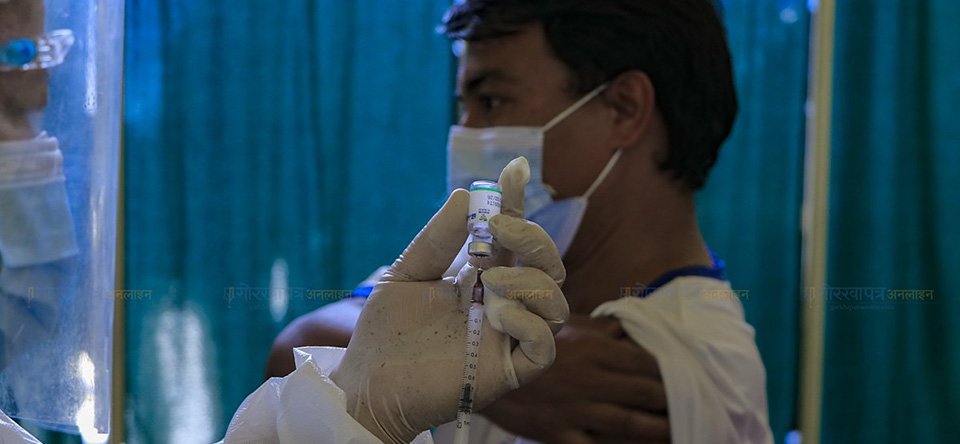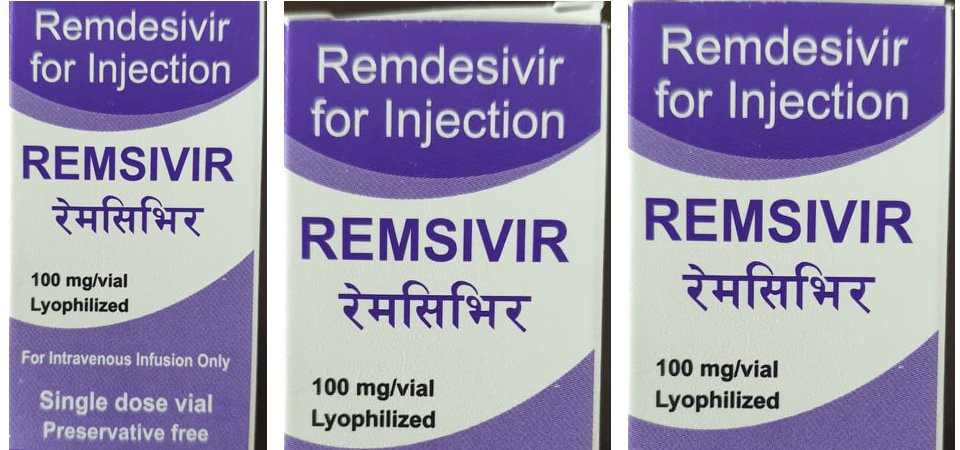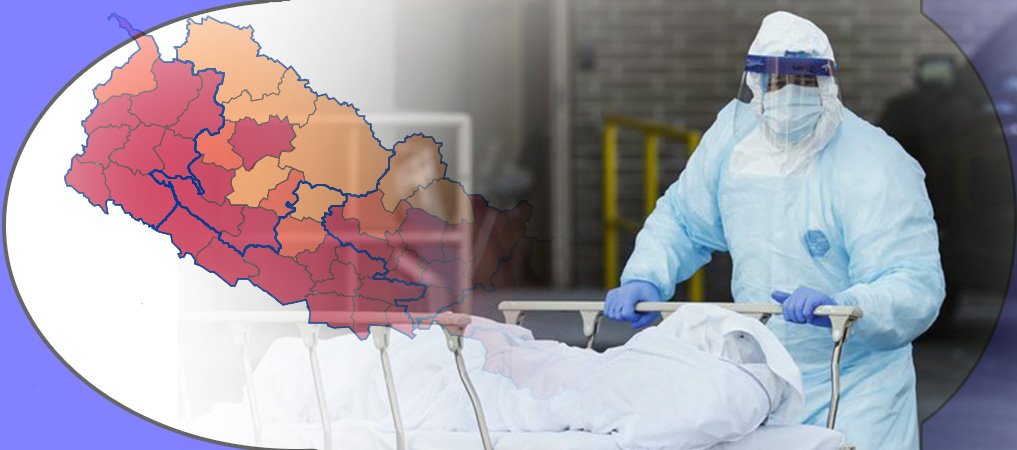Quality meat with fibres to avoid health problems: Experts
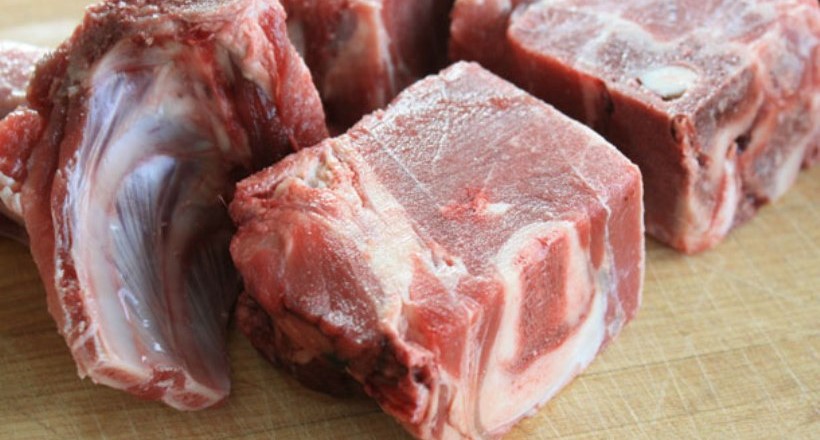
Kathmandu, Oct. 5: Experts have recommended that good quality of meat along with the right quantity with added fibres must be consumed to avoid health problems.
According to Dr Juna Dhungana, a dietician at Kanti Children's Hospital, meat is a great source of micro-nutrient, high-quality protein, minerals and vitamins. However, when the right amount of meat with good quality is not consumed then it invites many health problems.
She said that when meat is overeaten without any fibre then it slows bowel movement, leading to indigestion, constipation, gastrointestinal problem.
She stressed that one should minimise open cooking with high flames such as barbecue, roasted and grill meat for it contains carcinogens compounds, responsible for causing cancer.
She said, “Some raw meat contains Neurocysticercosis, therefore, meat must be properly washed, boiled, and cooked so that one does not get Neurocysticercosis.”
According to the records of the Department of Livestock Services, normally, around 12,000-14,000 goats are sold daily in Kathmandu Valley, while around 50,000 goats are consumed from the first day of Dashain to the eighth day in Kathmandu Valley, and total sales during the festival come to around 100,000 animals. Yearly, 50-55 lakh goats are consumed nationwide.
Ways to store raw meat in freezers
It has been said that meat must be stored in freezers in airtight containers at the earliest by maintaining 0-4 degrees Celsius for it is highly perishable, said Dr. Dhungana who works as a clinical dietician at Together against Childhood Cancer Project in Kanti Children's Hospital.
She further said that meat stored in a freeze at 0-4 degrees Celsius can be consumed for 2-3 days and meat stored in a deep freezer can be stored for six months if it is in an airtight container.
Things to consider while buying goats
According to Dr Roshika Shrestha, Veterinary Officer at the Epidemiology and Disease Control Division (EDCD) that transportation criteria must be maintained, such as not exceeding stocking density, avoid keeping goats in closed space, or bunker so that consumers can get the best quality of meat.
“Meat of animals that have travelled for long hours must be avoided for it is seen bad for health,” said Dr Shrestha, “We must watch out if the saliva is dropping from the mouth of animals or if the nose is blocked of animals to be consumed as they are not dimmed to be in good health condition.”
Dr Shrestha, said, “ While buying goats, only those that are labelled green must be bought as they are marked healthy by the team of senior veterinarians that are deployed for monitoring quality of meat and animals during Dashain.
According to Dr Chandra Dhakal, Spokesperson at the Department of Livestock services, a team of 45 senior veterinarians will be deployed at eight places that are known for heavy buying and selling of goats, such as Kalanki, Tukucha, Chalnakhel, Chandragiri, Sallagari, Lokanthali, Lagankhel and Balkhu from October 7.
“All goats that are brought in Kathmandu Valley will be checked by the senior veterinaries to ensure that good quality of meat reaches to consumers, and will mark green to healthy and red to unhealthy goats as well,” He added.
Recent News

Do not make expressions casting dout on election: EC
14 Apr, 2022
CM Bhatta says may New Year 2079 BS inspire positive thinking
14 Apr, 2022
Three new cases, 44 recoveries in 24 hours
14 Apr, 2022
689 climbers of 84 teams so far acquire permits for climbing various peaks this spring season
14 Apr, 2022
How the rising cost of living crisis is impacting Nepal
14 Apr, 2022
US military confirms an interstellar meteor collided with Earth
14 Apr, 2022
Valneva Covid vaccine approved for use in UK
14 Apr, 2022
Chair Prachanda highlights need of unity among Maoist, Communist forces
14 Apr, 2022
Ranbir Kapoor and Alia Bhatt: Bollywood toasts star couple on wedding
14 Apr, 2022
President Bhandari confers decorations (Photo Feature)
14 Apr, 2022



